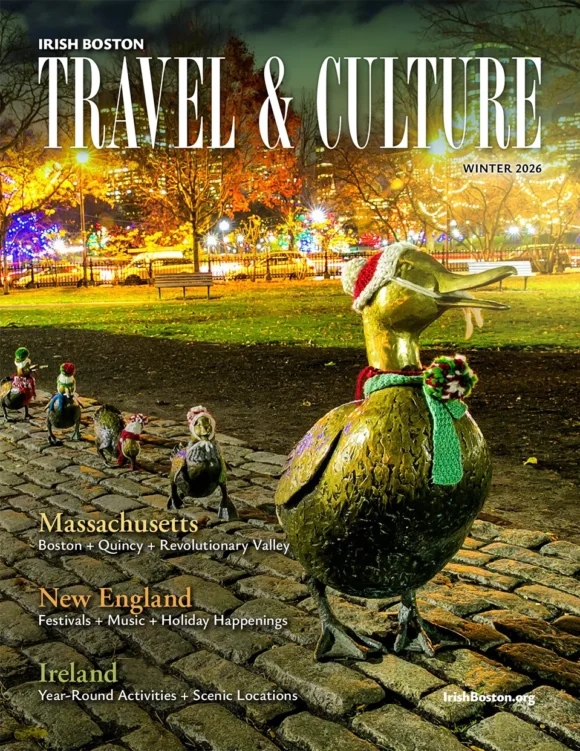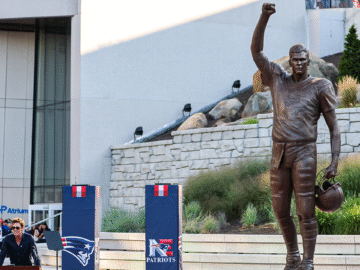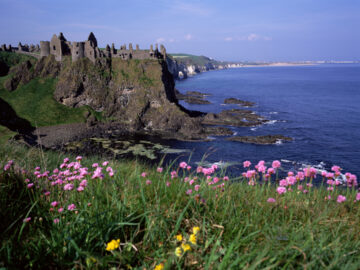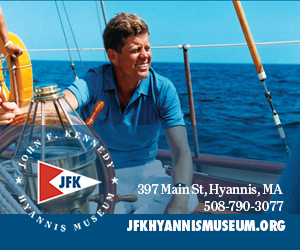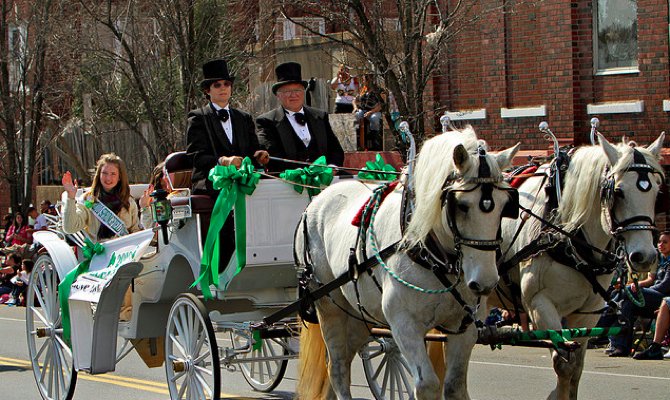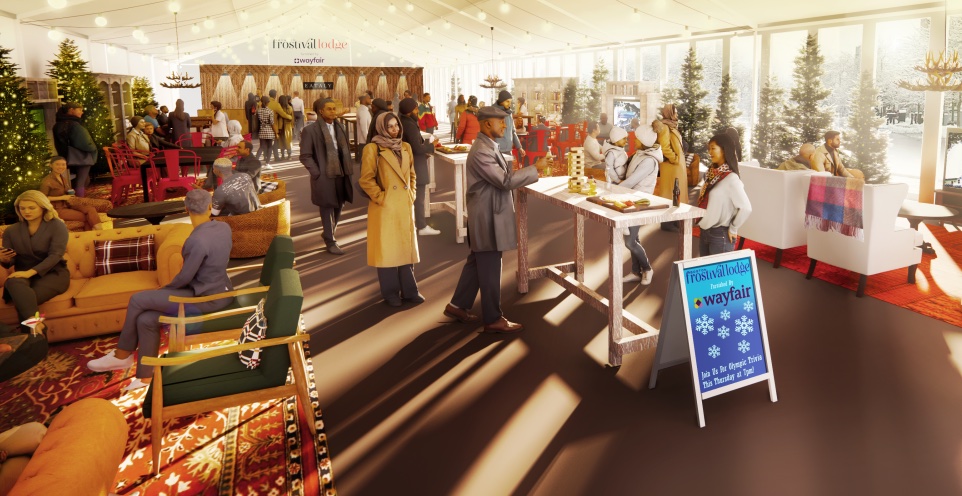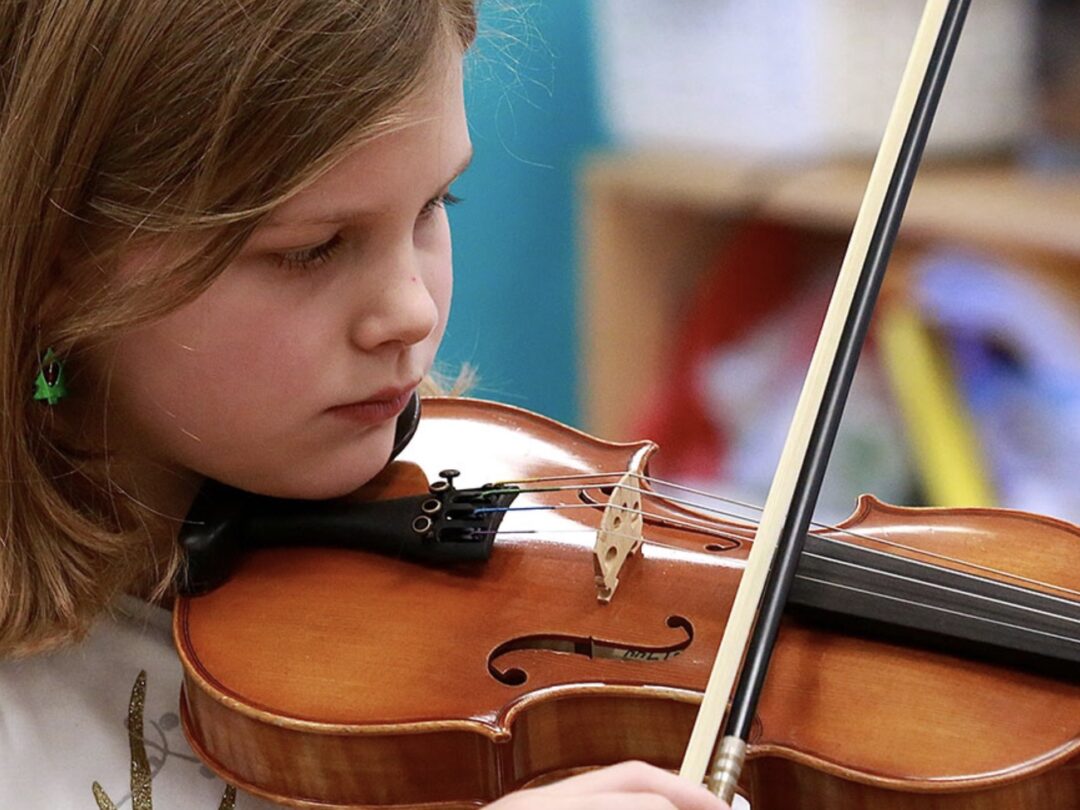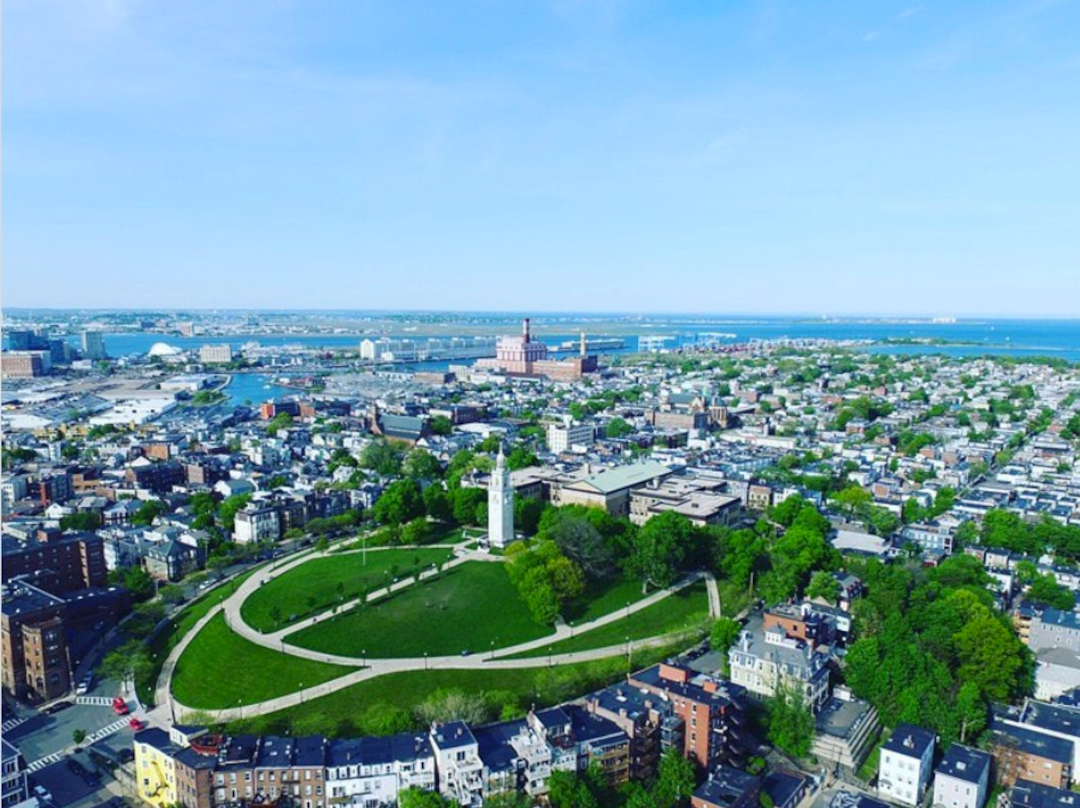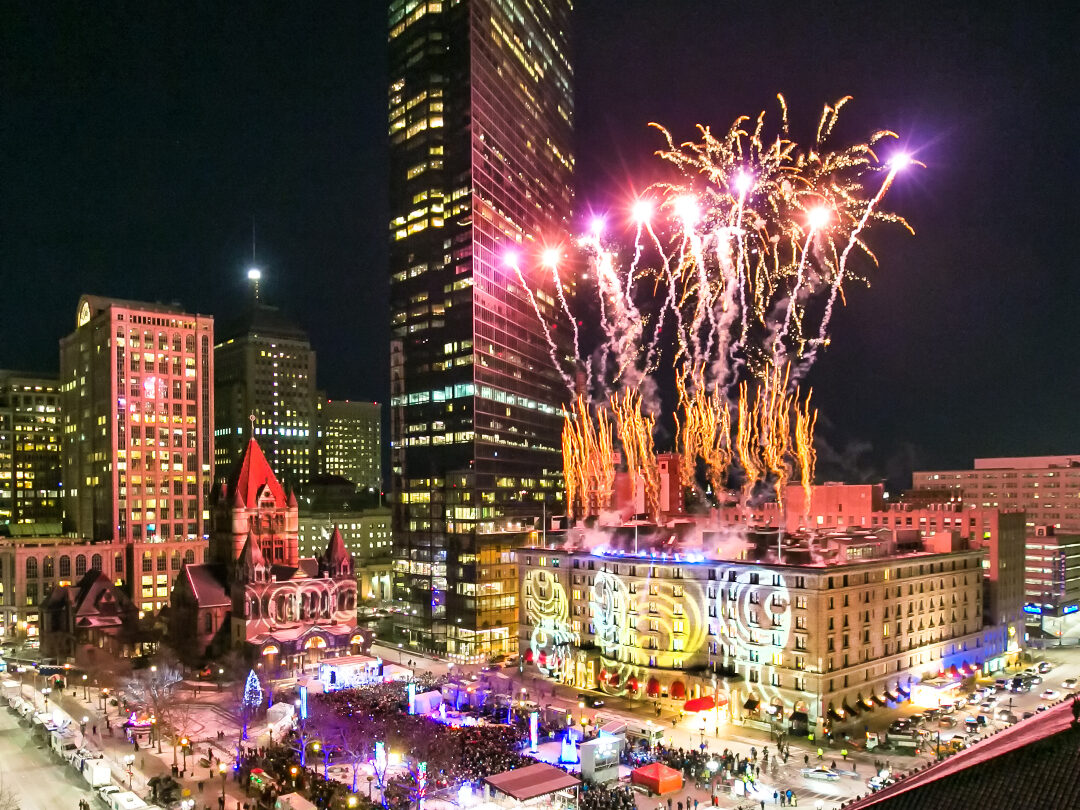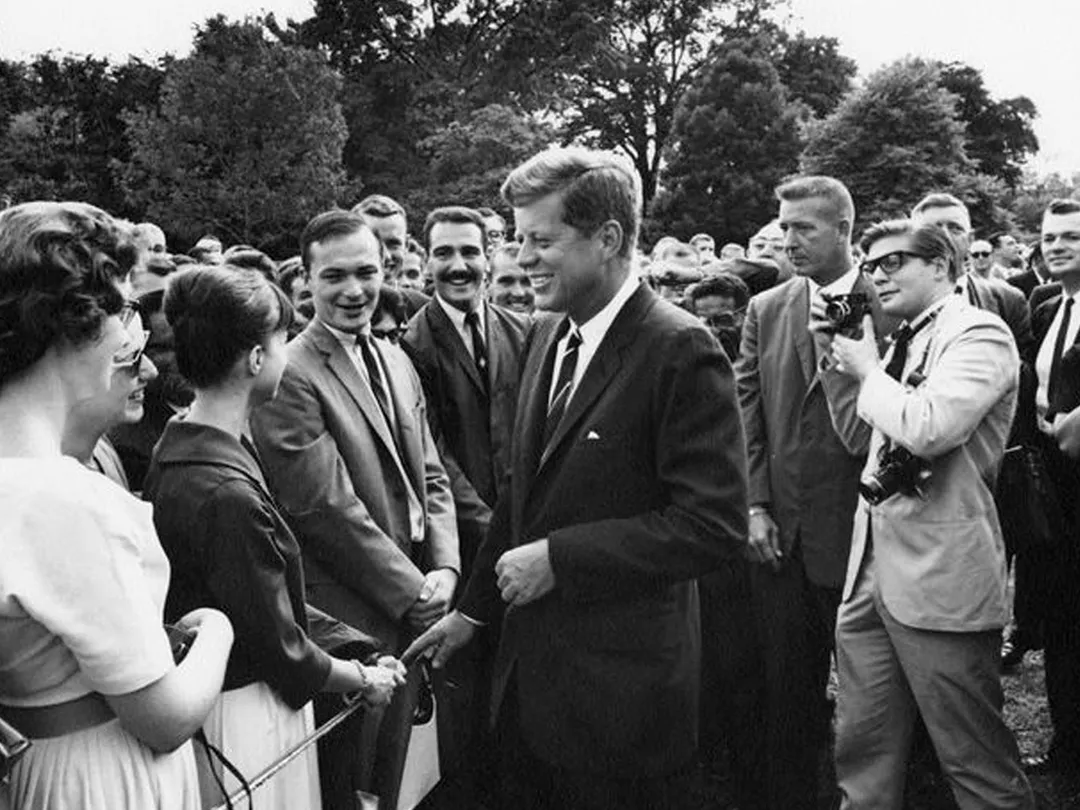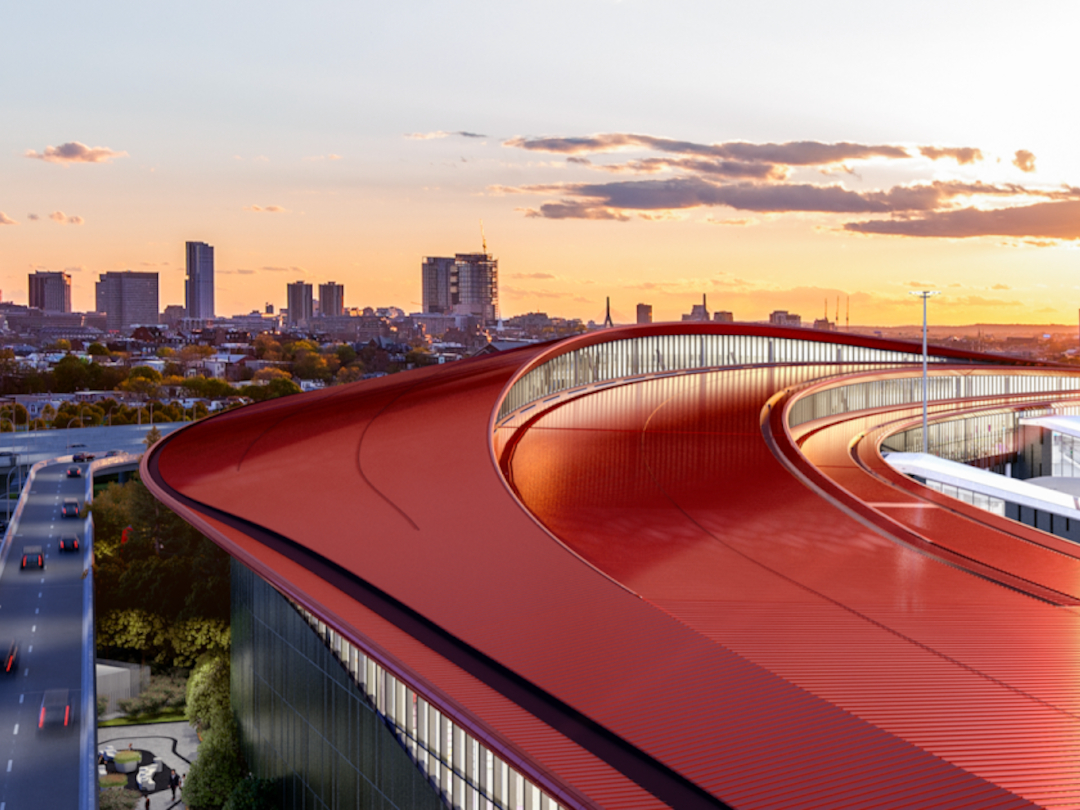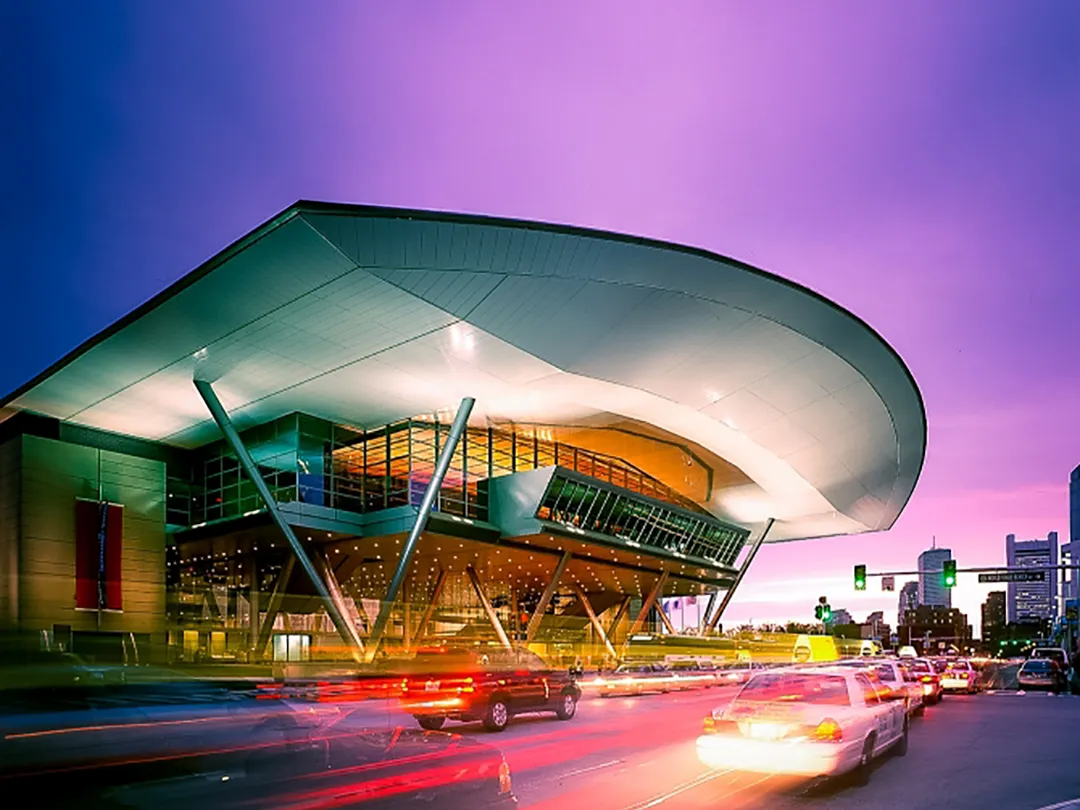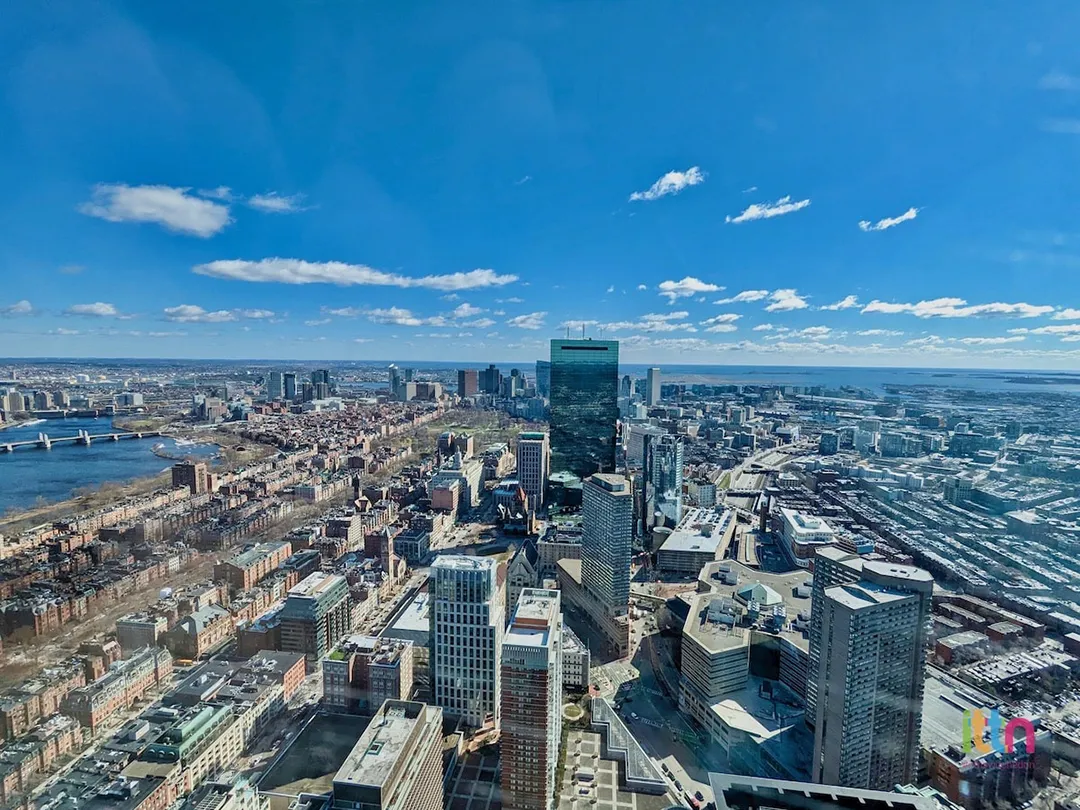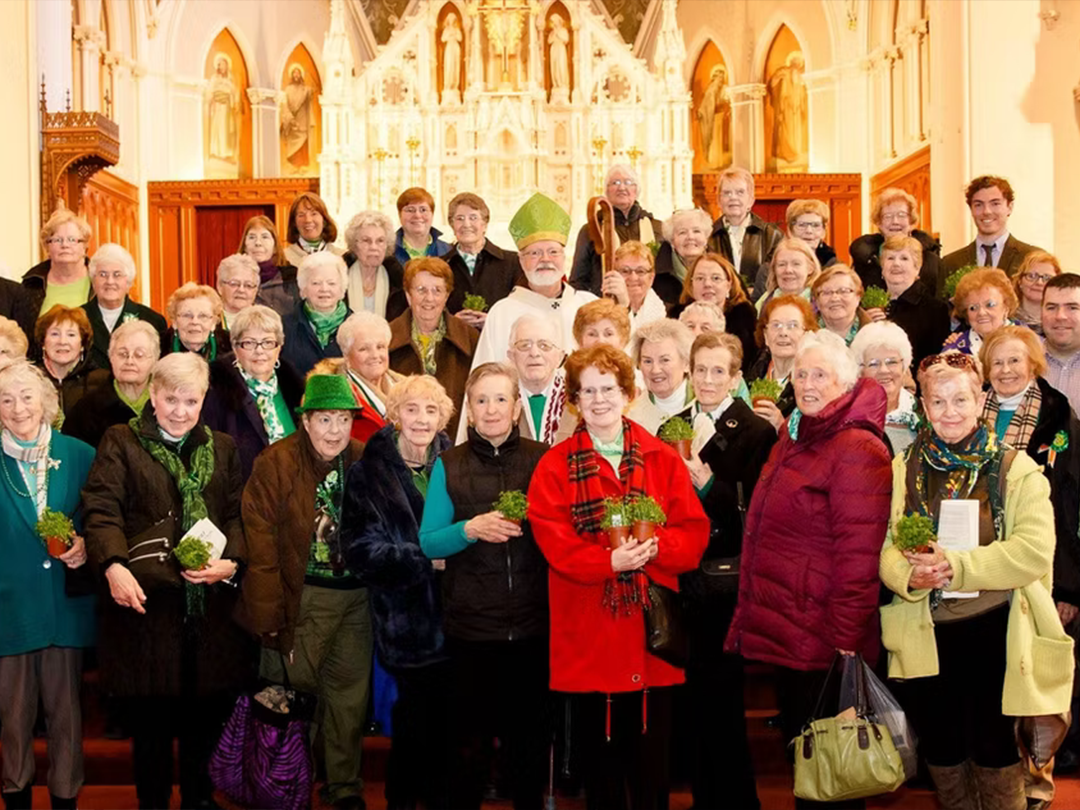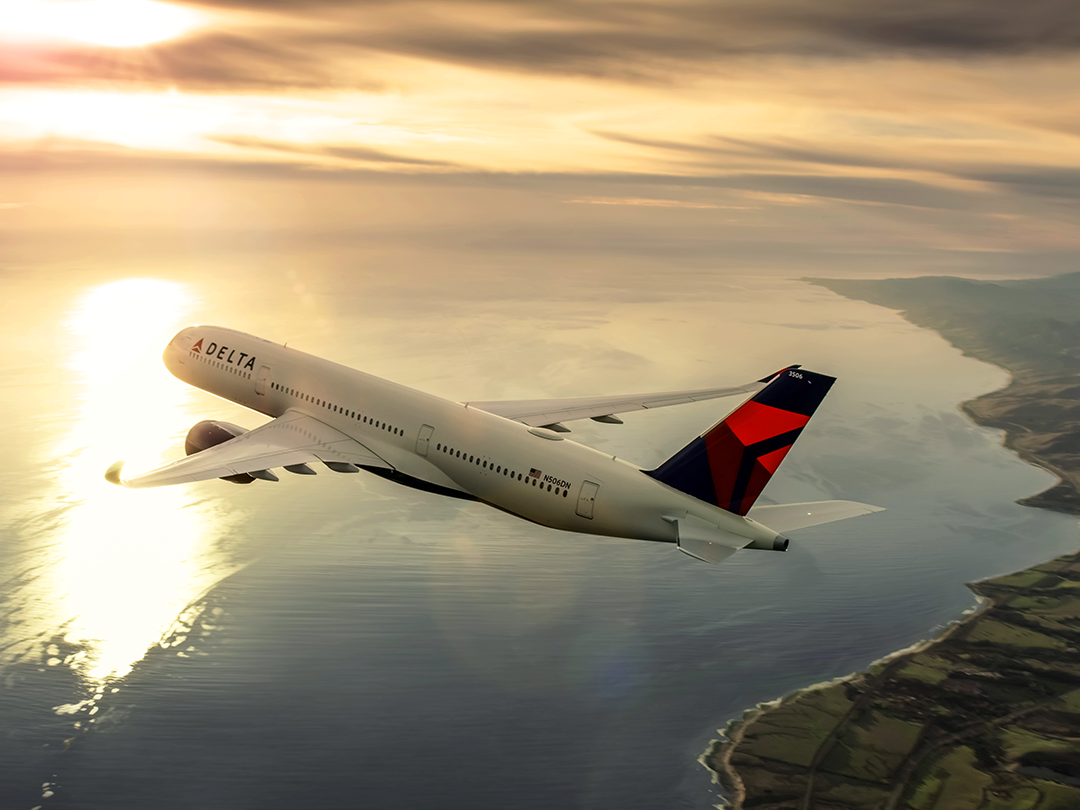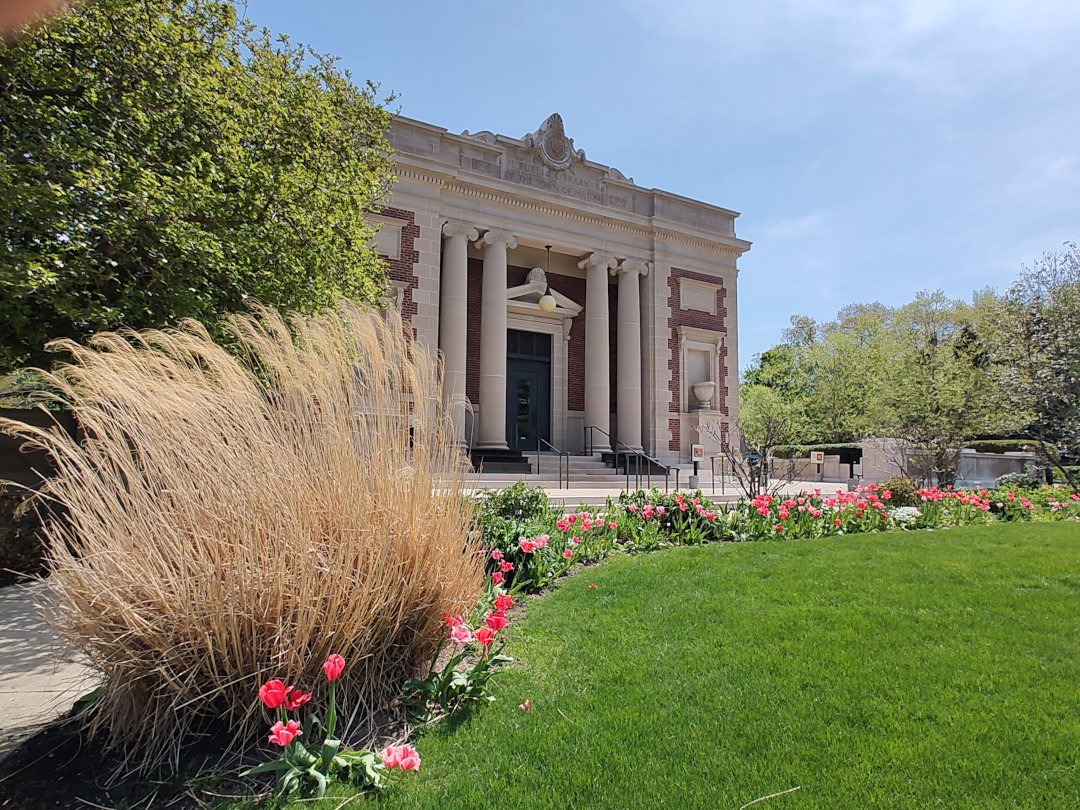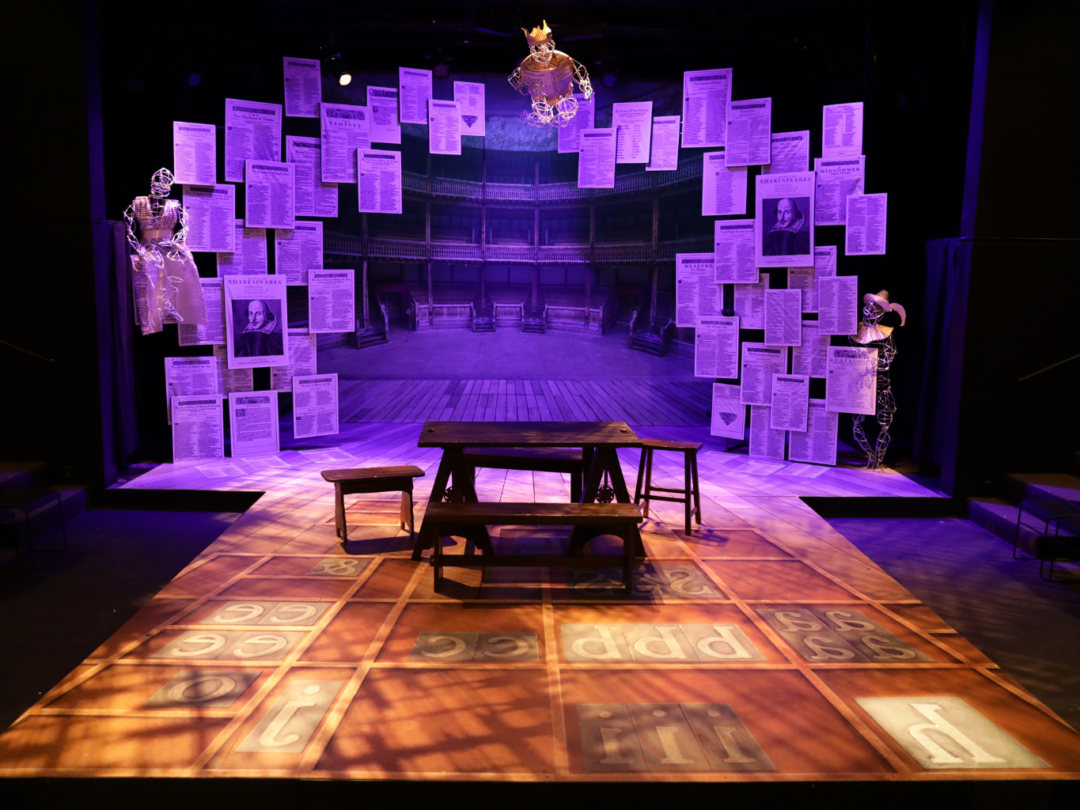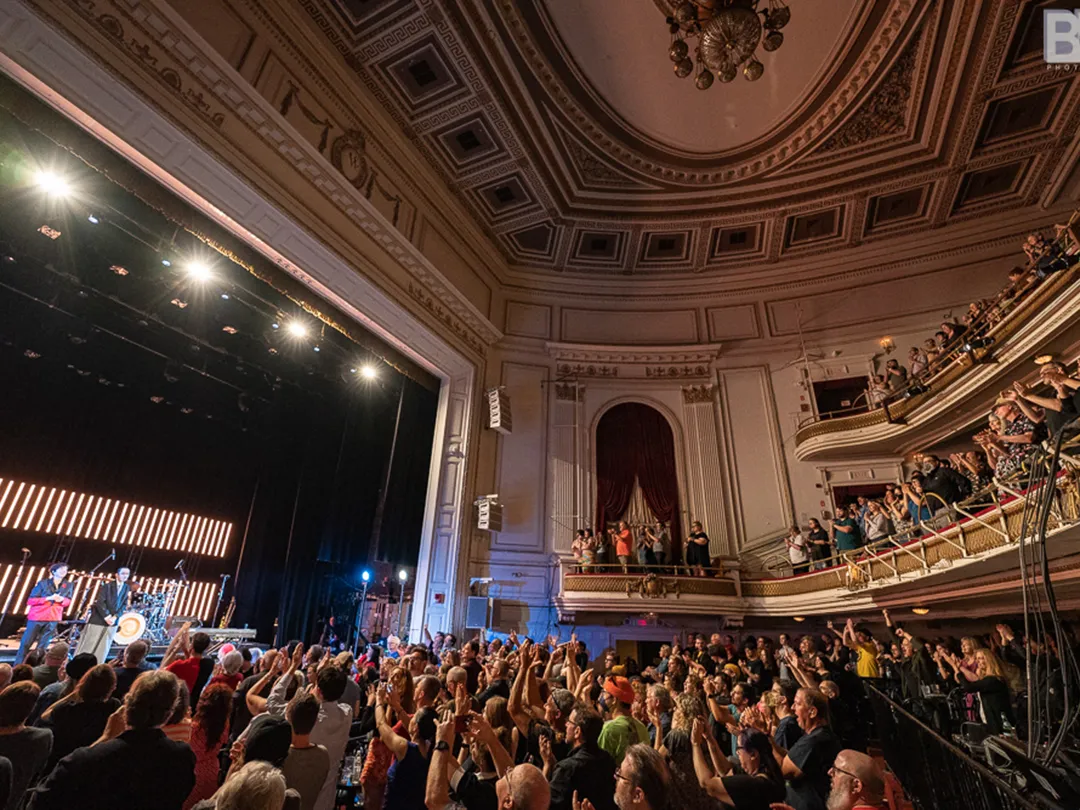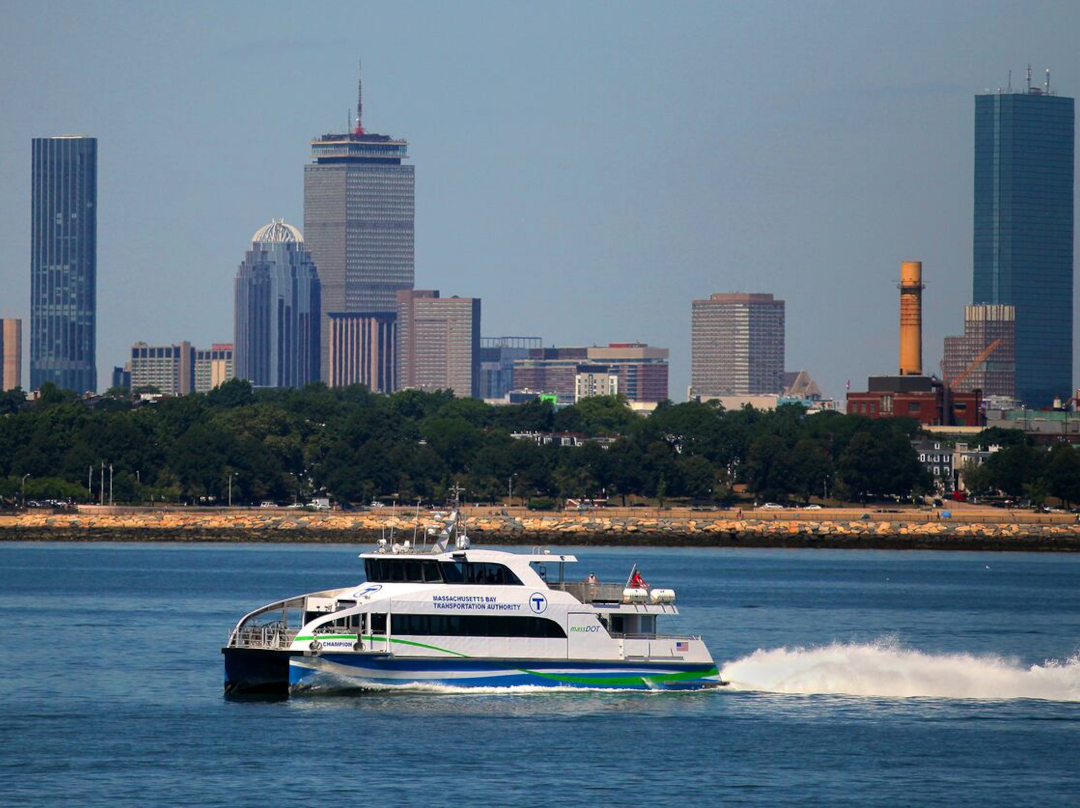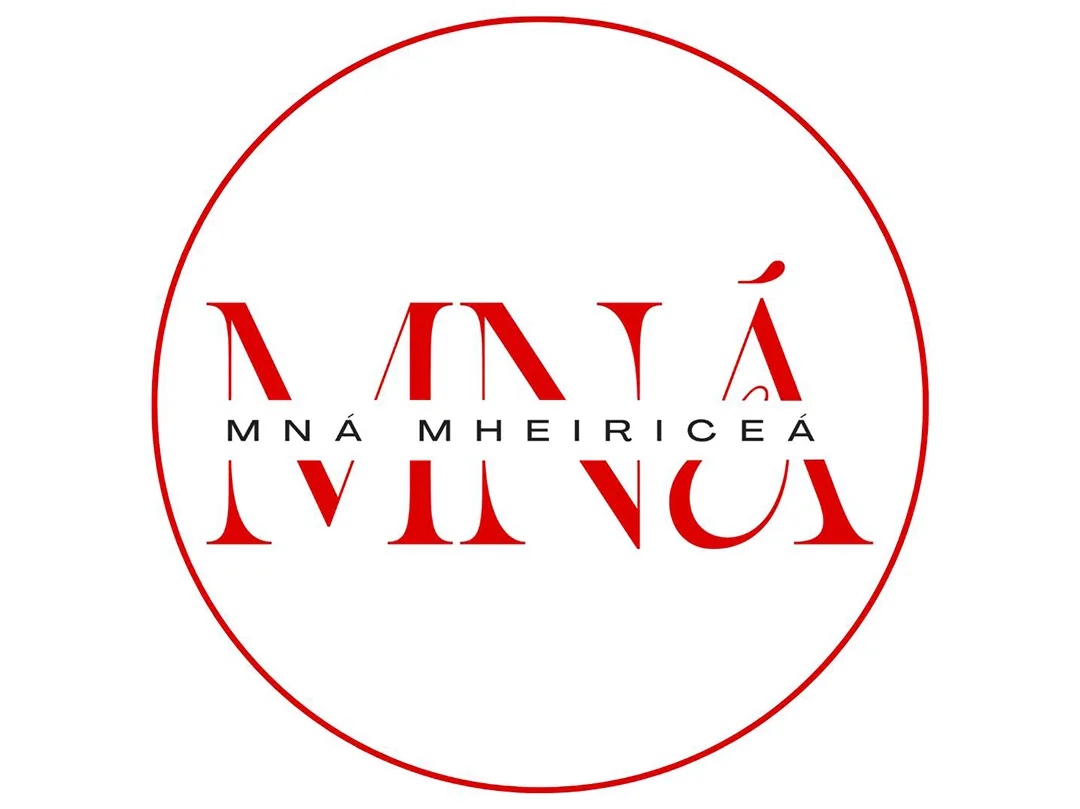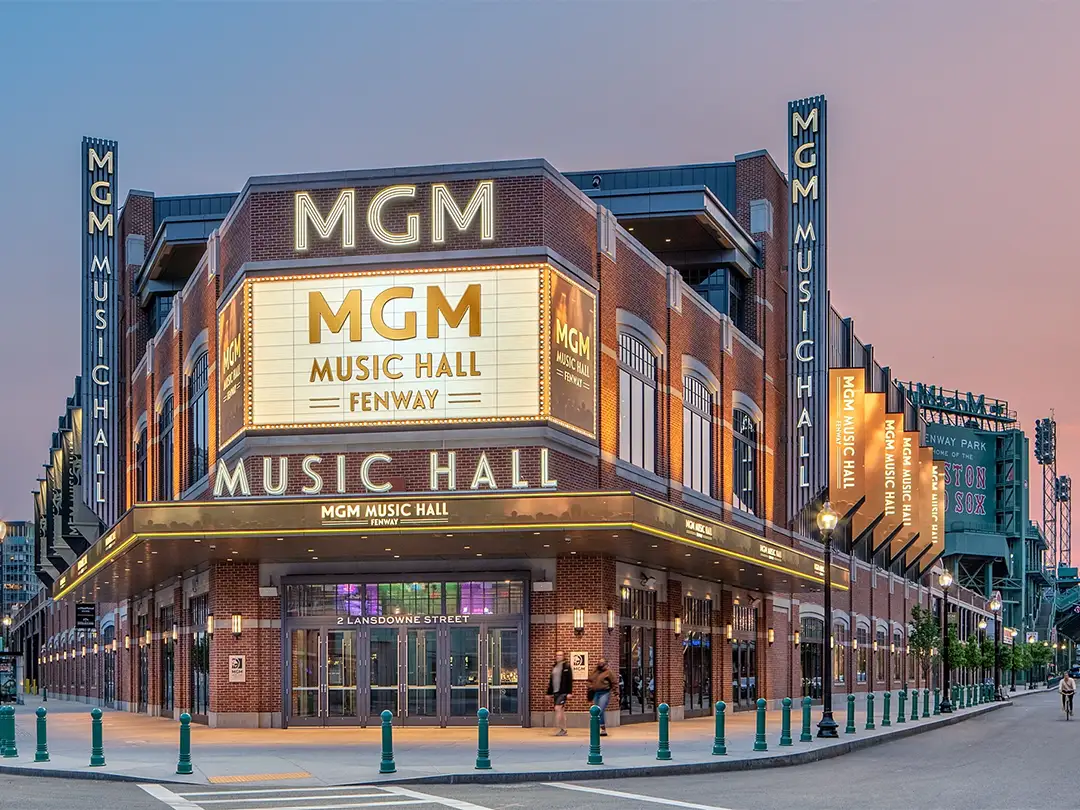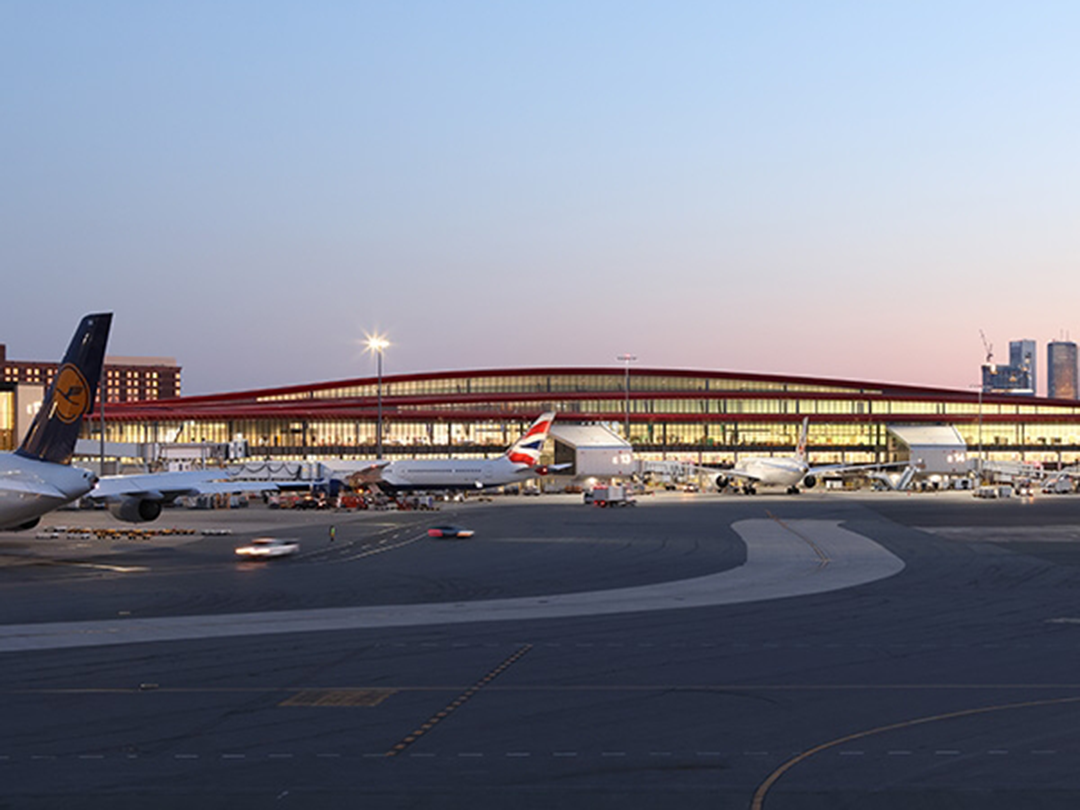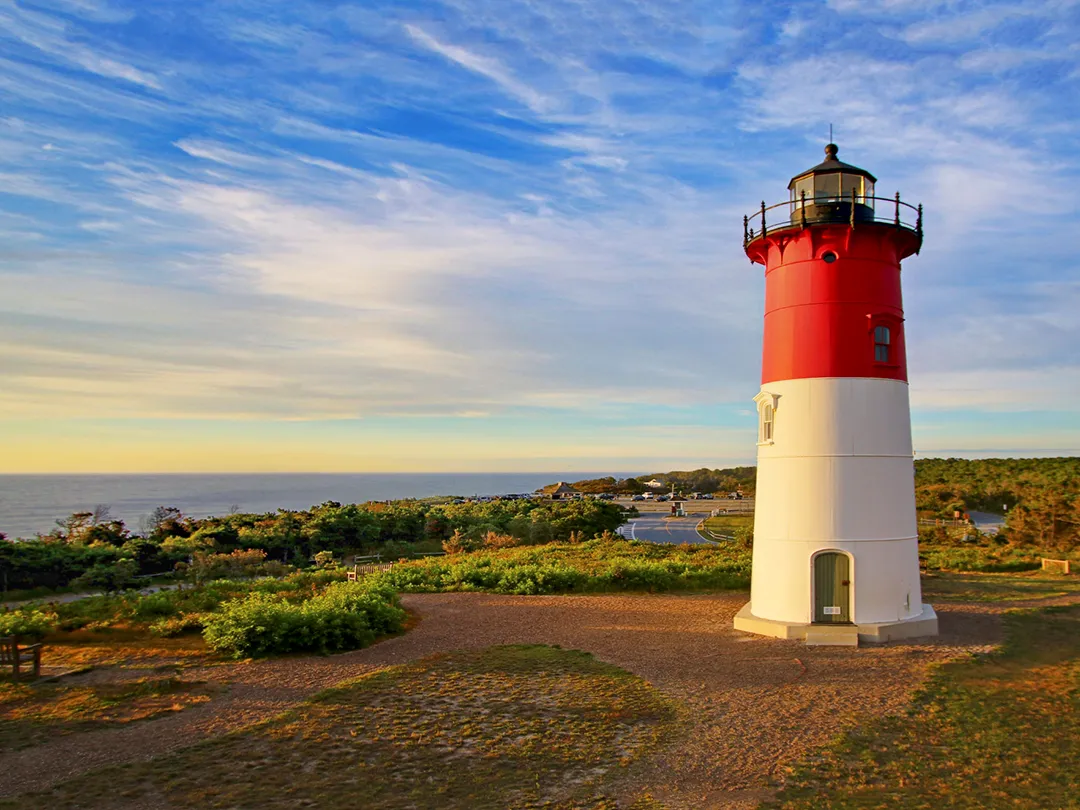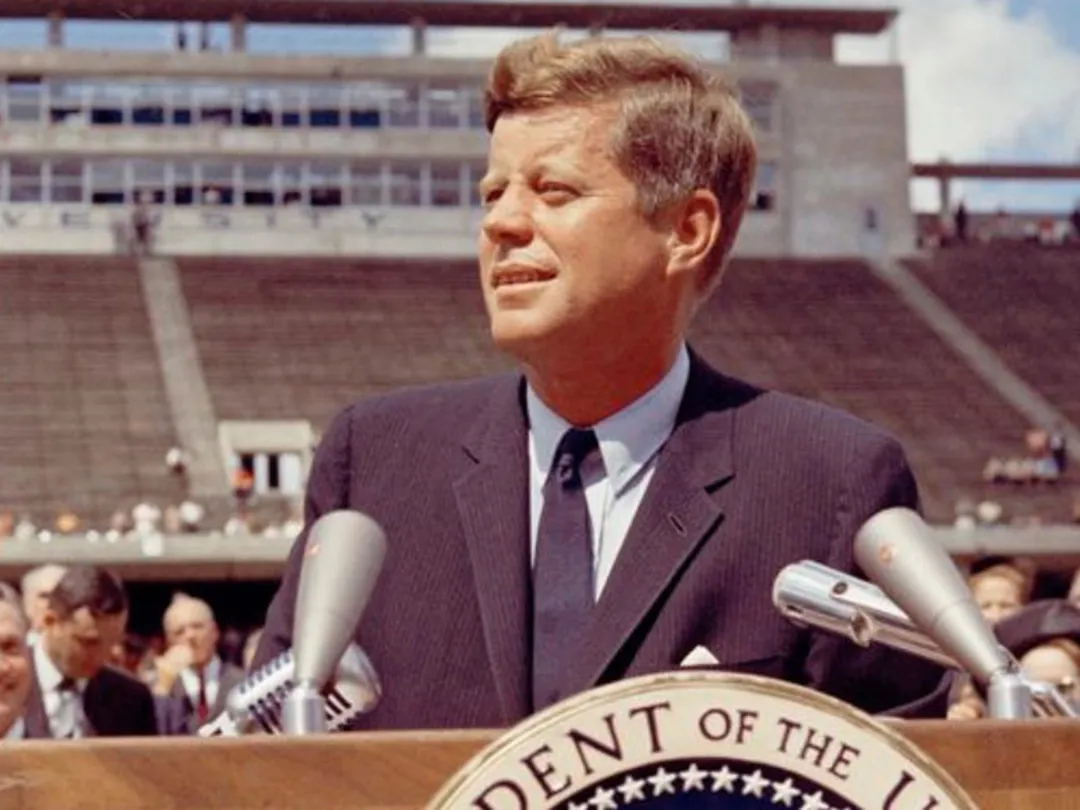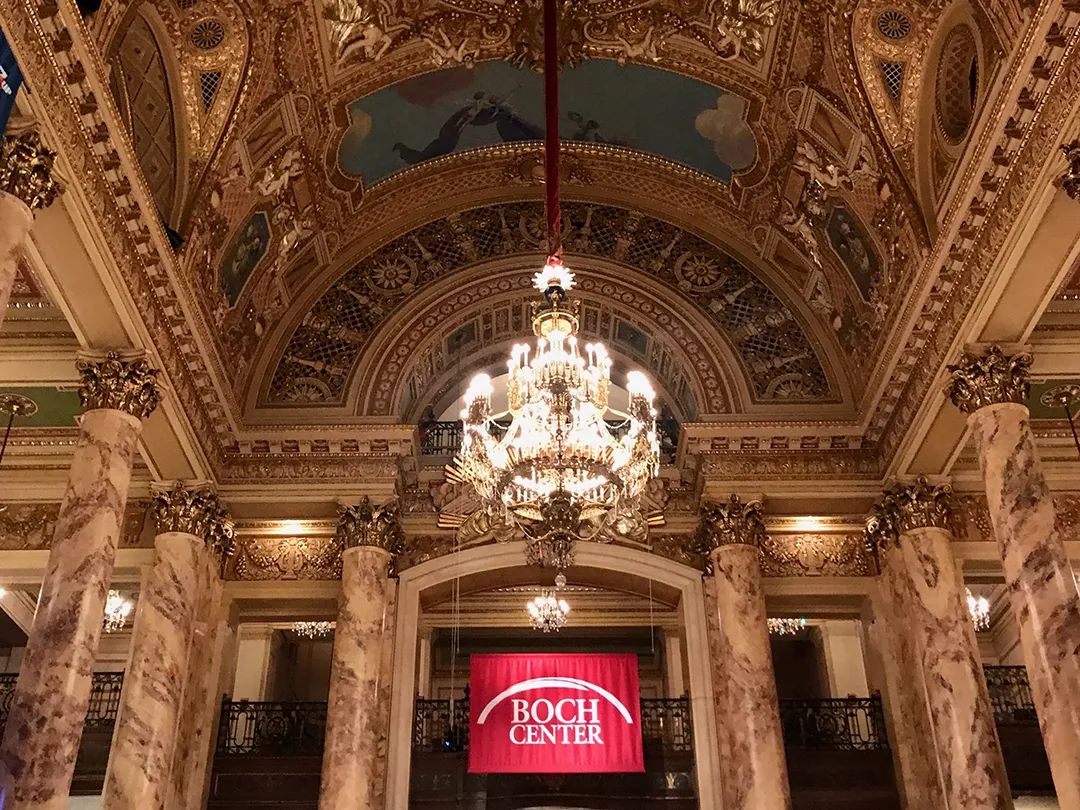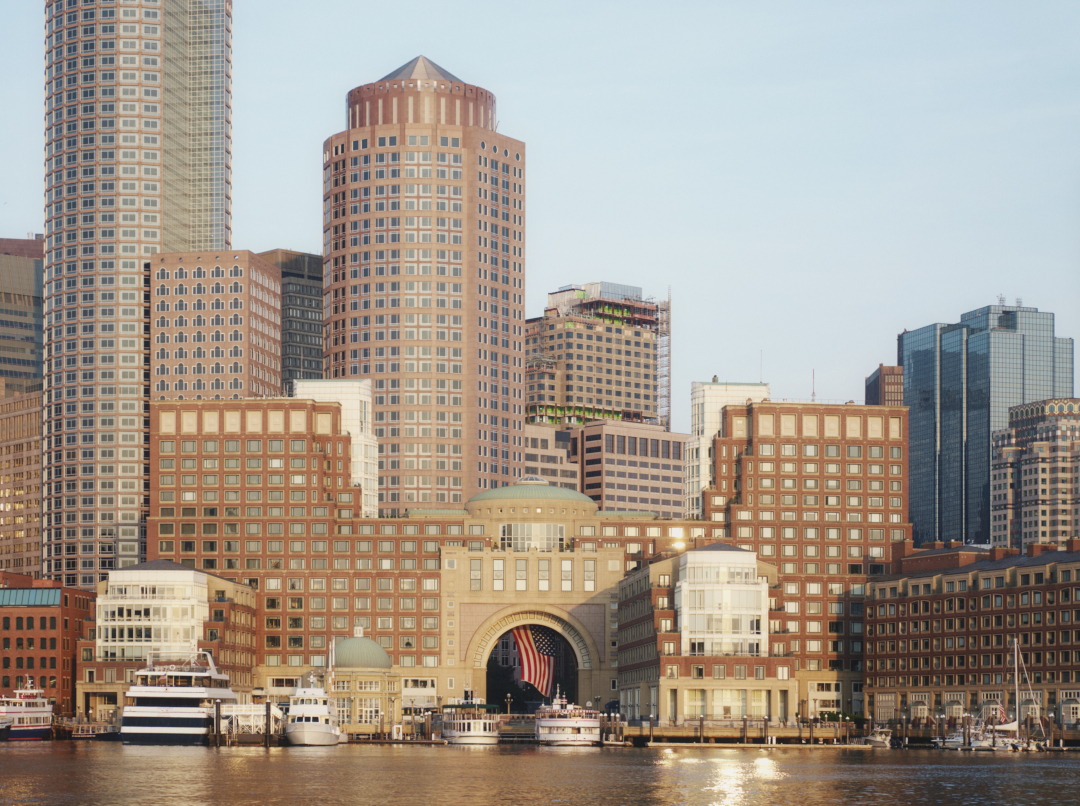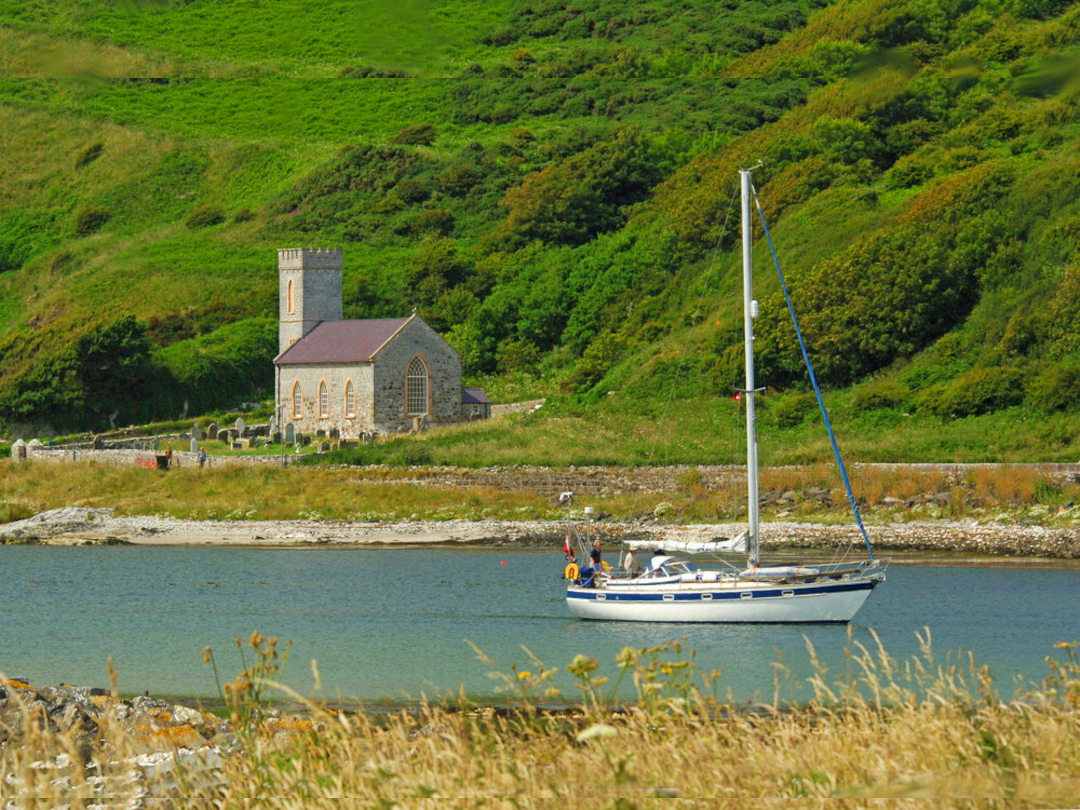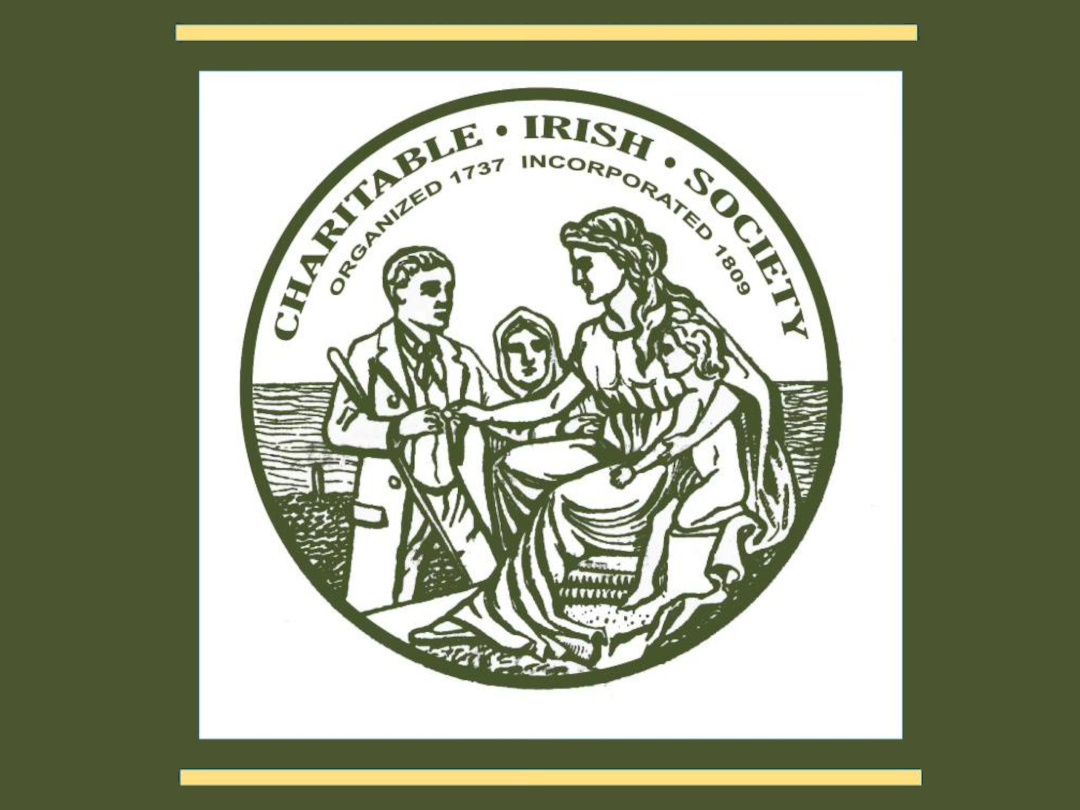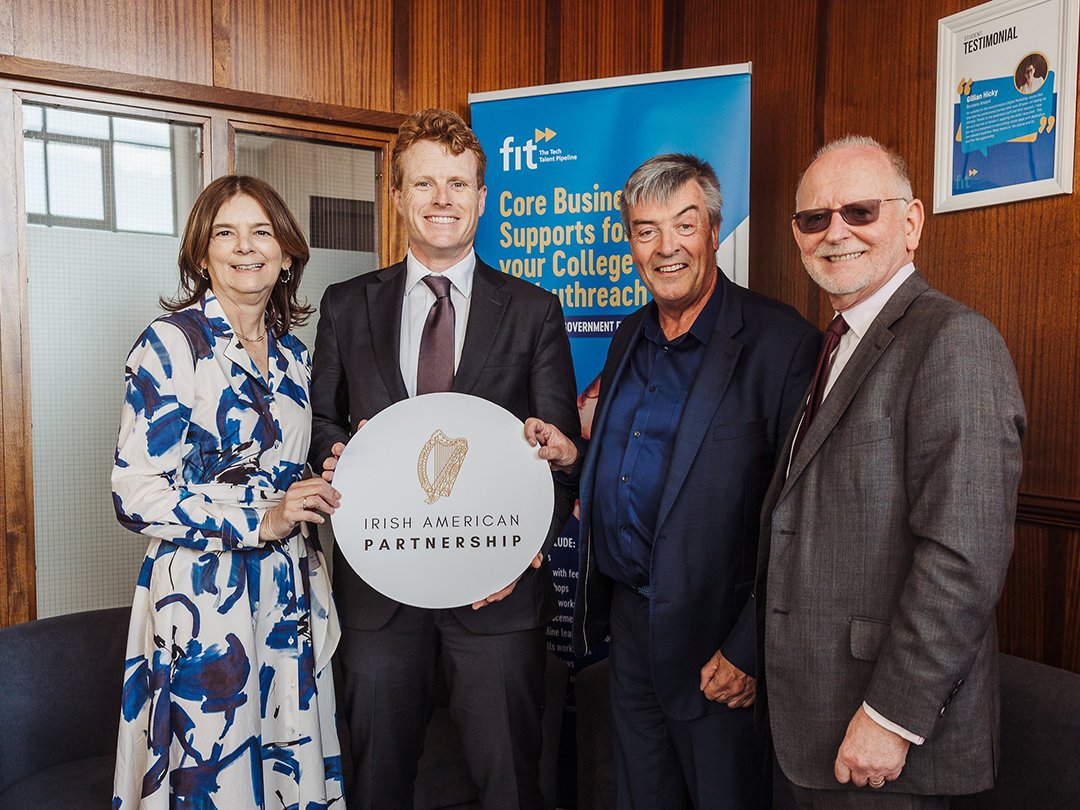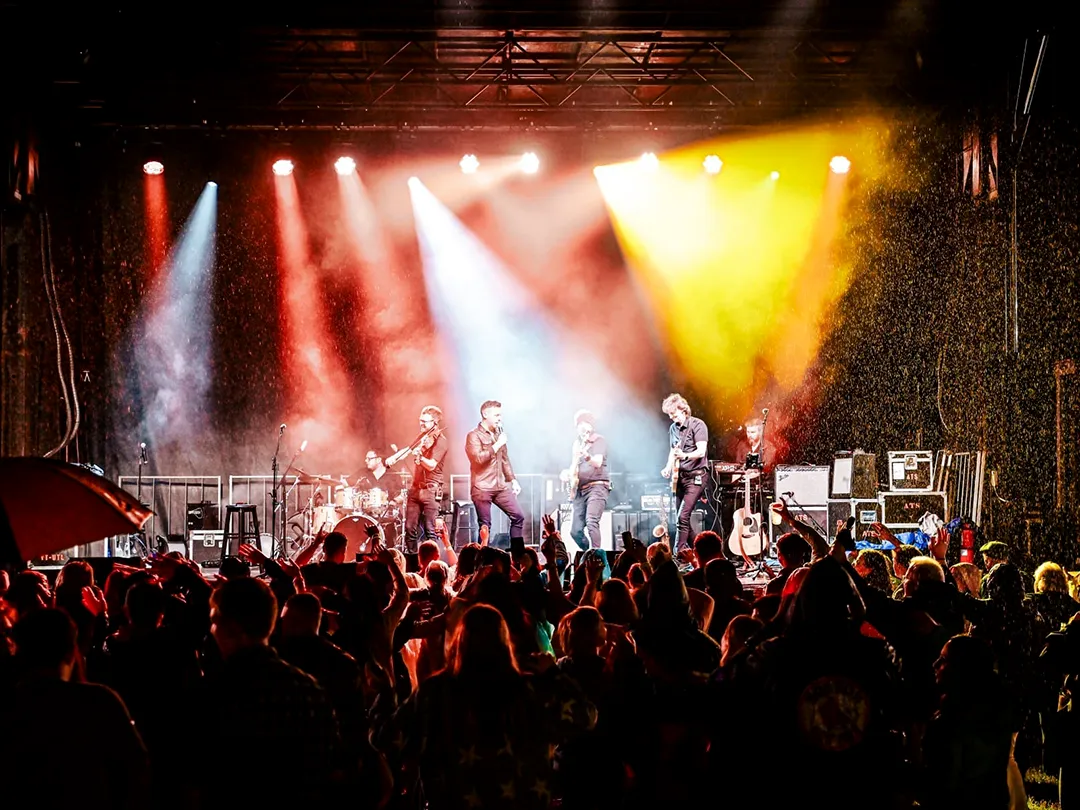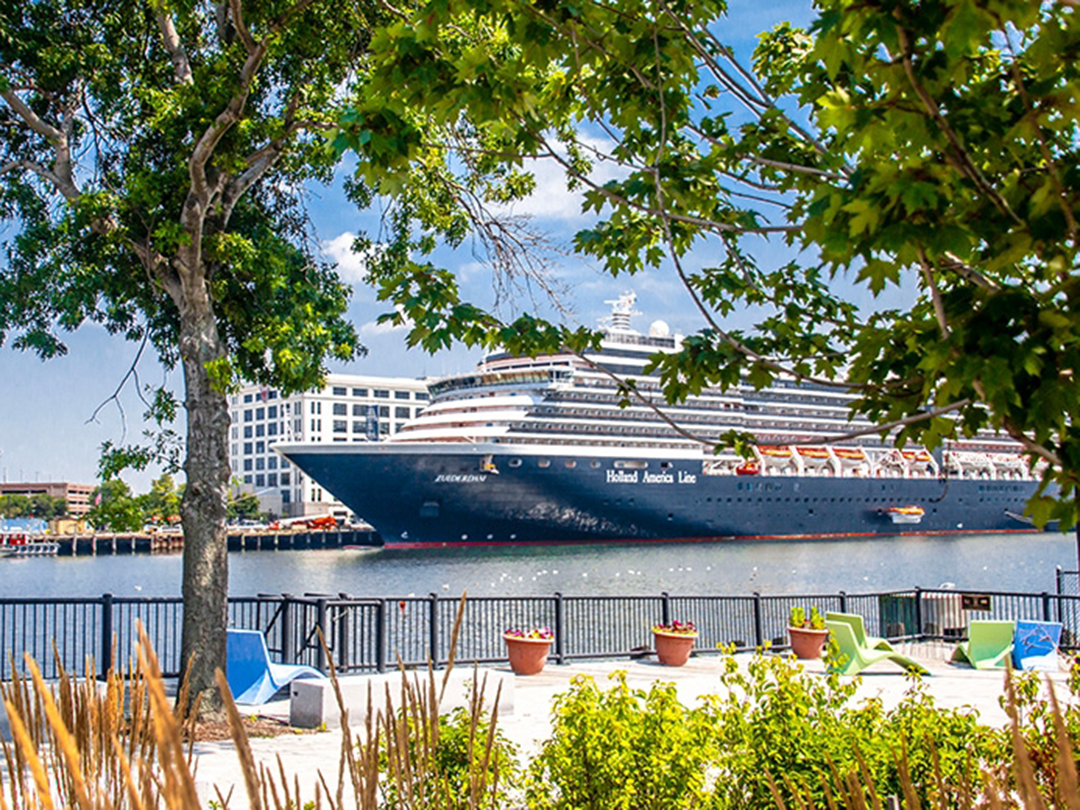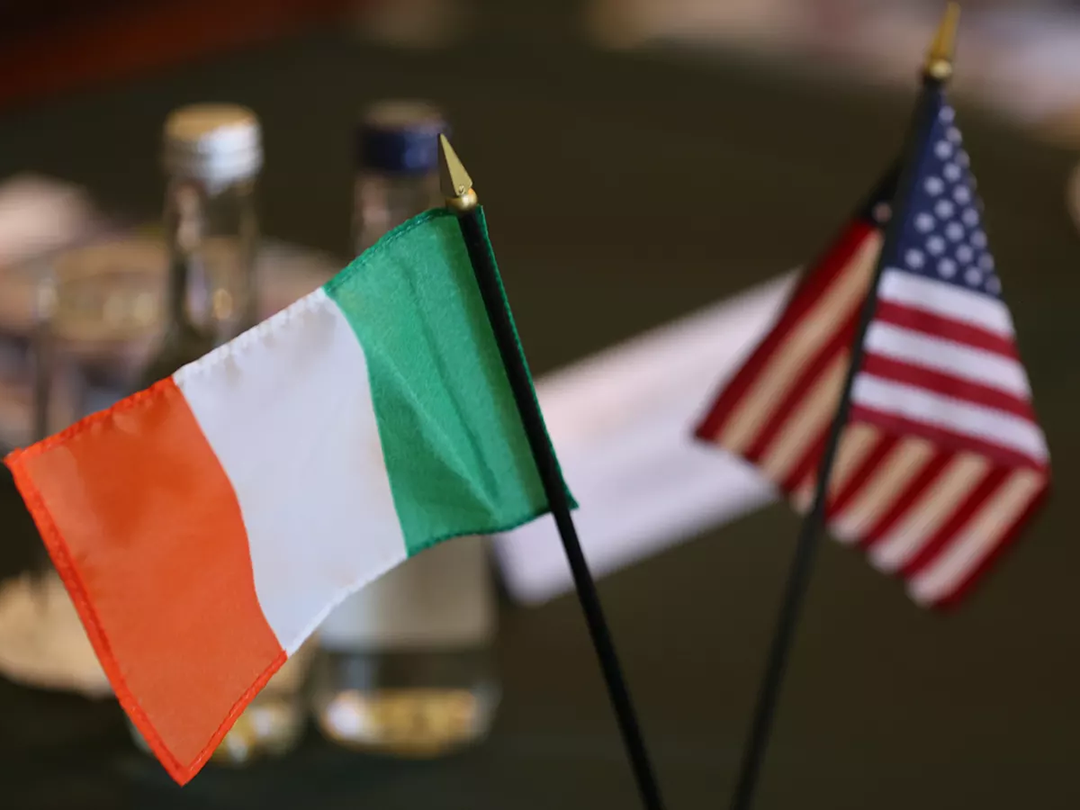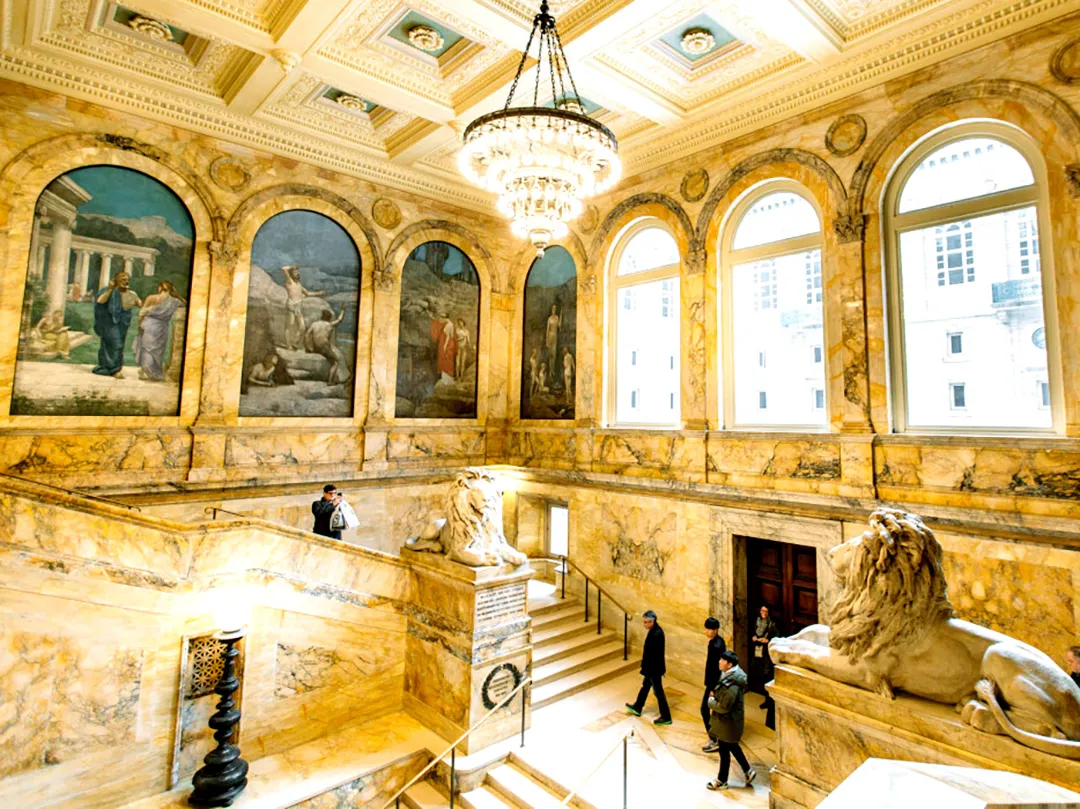Known as America’s walking city, Boston is the capital of Massachusetts, and New England’s largest city, a world-renowned center of arts and culture, education and commerce, history and heritage, culinary delights and natural beauty.
Upcoming Events
Jan
31
Feb
06
Feb
13
Mar
04
January 22, 2026 — Boston Irish Tourism Association (BITA) today released its schedule of thirteen 2026 St. Patrick’s Day Parades…
Continue ReadingMeet Boston’s brand-new winter celebration, Boston Frostival, is launching two exciting new activities in February: Frostival Lodge furnished by Wayfair at Copley Square,…
Continue ReadingGreater Boston’s acclaimed traditional Irish organization, Comhaltas Ceoltoiri Eireann, is now accepting students for its 10-week spring semester at its…
Continue ReadingThe South Boston Citizens’ Association has named State Senator Nick Collins of South Boston as General Chairman of this year’s…
Continue Reading(December 5, 2026) – FIFA World Cup 2026™ revealed today the schedule of which national teams are playing in which stadiums…
Continue ReadingWe love Christmas and all its trimmings, from twinkling lights and tree ornaments, sweet aromas of cakes and spices from…
Continue ReadingWinter in Boston just got cooler, thanks to Meet Boston’s inaugural Frostival – a dynamic lineup of winter events and…
Continue ReadingSince 2023, General Manager Phil Eng of the Massachusett Bay Transportation Authority (MBTA)has been overseeing a major upgrade to greater…
Continue Reading
